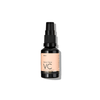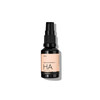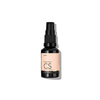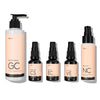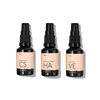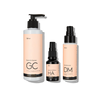Mastering Pigmentation: Proven Prevention and Treatment Strategies
Pigmentation, a common skin concern, affects many of us at some point in our lives. Whether it's the freckles that sprinkle across the nose after a day in the sun or more pronounced changes that develop over time, understanding and managing pigmentation is crucial for maintaining the health and vibrancy of our skin.
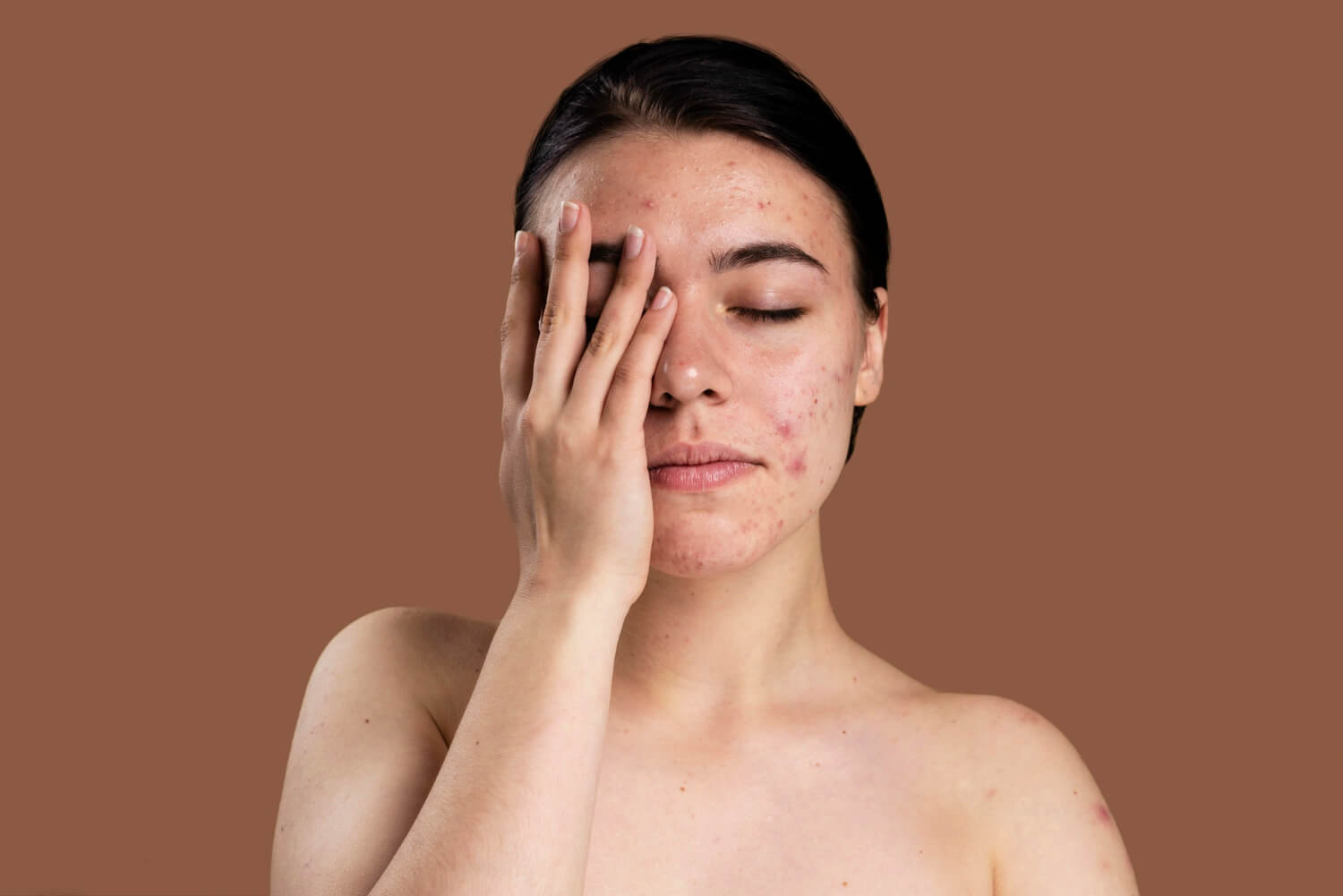
Here we delve into the causes, prevention, and effective treatment strategies for pigmentation, ensuring you're well-equipped to keep your skin looking its best.
Understanding Skin Pigmentation
What is Pigmentation?
Pigmentation refers to the colouring of the skin, primarily determined by melanin, a pigment produced by melanocytes. Factors like sun exposure, hormonal changes, and certain medications can lead to an uneven distribution of melanin, resulting in pigmentation issues such as freckles, age spots, and melasma.
What Causes Skin Pigmentation?
At the heart of skin pigmentation is melanin, the pigment responsible for giving our skin its colour. While melanin is a natural and essential part of our skin, various factors can disrupt its balanced production, leading to pigmentation issues.
Sun exposure stands as the most common culprit, accelerating melanin production and often resulting in sunspots or freckles. Hormonal changes, particularly during pregnancy or due to certain medications, can trigger conditions like melasma. Ageing, too, plays a role, with years of accumulated sun exposure manifesting as age spots.
Types of Pigmentation
Understanding the different types of pigmentation is key to effective treatment. Common types include,
Sun-Induced Pigmentation: Prolonged exposure to the sun's UV rays can increase melanin production, leading to sunspots and freckles.
Hormonal Pigmentation: Conditions like melasma are often triggered by hormonal changes, common during pregnancy or when using oral contraceptives.
Post-Inflammatory Hyperpigmentation (PIH): This occurs following skin injury or inflammation, often seen after acne lesions or certain dermatologic treatments.
Skin Pigmentation Prevention Strategies
Sun Protection as a Key Preventative Measure
The first line of defence against pigmentation is rigorous sun protection. Broad-spectrum sunscreens, offering protection against both UVA and UVB rays, are non-negotiable. Reapplication every two hours, and immediately after swimming or sweating, ensures continuous protection. Physical barriers, such as wide-brimmed hats and UV-protective clothing, offer additional safeguards.
Dietary and Lifestyle Choices
Your skin reflects your overall health, and dietary choices play a significant role. A diet rich in antioxidants found abundantly in fruits and vegetables, can protect the skin from oxidative stress, a contributor to pigmentation. Hydration and a balanced lifestyle, coupled with regular sleep patterns, also significantly impact skin health.
Skin Pigmentation Treatment Strategies
When prevention is not enough, several treatment options can help reduce and manage pigmentation.
Topical Treatments for Pigmentation
In the realm of topical treatments, certain products stand out for their efficacy.

Hyaluronic acid serum, is a powerhouse for hydration, ensuring that the skin remains supple and less prone to damage. Its regular application, coupled with other targeted treatments, can significantly improve the skin's appearance. Hyaluronic acid serum highlights its role in enhancing the efficacy of other pigmentation treatments by ensuring deep skin hydration.
Vitamin C Serum is renowned for its brightening properties and its ability to reduce the appearance of pigmentation. Its antioxidant properties also protect against sun damage, a key factor in pigmentation. Vitamin C Serum underscores its importance in any skincare routine focused on managing pigmentation.
Incorporating Anti-Ageing Vitamin E Oil into your skincare regimen can provide an added boost in treating pigmentation. Vitamin E is known for its antioxidant properties and its ability to support skin healing and reduce the appearance of scars and dark spots.
Professional Treatments for Pigmentation
For more stubborn cases of pigmentation, professional treatments can be considered, such as:
Chemical Peels: These treatments remove the top layer of skin, reducing the appearance of pigmentation.
Laser Therapy: Targeted lasers can break down melanin deposits, leading to clearer skin.
Microdermabrasion: This exfoliating treatment can help in reducing superficial pigmentation.
Natural Remedies
While professional treatments and topical applications are effective, incorporating natural remedies into your skincare routine can also play a significant role in managing pigmentation. These remedies, often derived from nature, offer a gentler approach and can be easily integrated into daily skincare practices.
- Aloe Vera (Nature's Soothing Agent): Aloe Vera is renowned for its healing and soothing properties. It can help in repairing skin damage and promoting even skin tone. Apply fresh aloe vera gel directly to the pigmented areas and leave it on overnight. Regular use can gradually lighten dark spots.
- Green Tea Extract (Antioxidant Powerhouse): Green tea is loaded with antioxidants, which can protect the skin from environmental stressors that contribute to pigmentation. Incorporate green tea extract into your skincare routine or apply cooled green tea bags to the affected areas as a soothing compress.
Aftercare and Maintenance of Skin
Post-treatment care is crucial for maintaining results and preventing recurrence.
- Continue Sun Protection: Sunscreen remains a daily necessity.
- Gentle Skincare Routine: Use mild, non-irritating products.
- Regular Skin Check-ups: Monitor your skin and consult with a dermatologist regularly.
Conclusion
Mastering pigmentation requires a multifaceted approach, combining prevention, treatment, and ongoing care. By understanding the causes, adopting protective measures, and exploring both professional and at-home treatments, individuals can effectively manage and reduce pigmentation concerns.
Remember, every skin is unique, and consulting with a skincare professional is recommended for personalised advice. Moreover, consistency is key in skincare, and a dedicated routine is essential for achieving and maintaining results.
At Fether, we understand the importance of maintaining your skin's youthful glow, especially when dealing with challenges like pigmentation. If you're in search of personalised skincare products and recommendations tailored to your specific skin type and concerns, our team is here to assist you. Feel free to contact us for guidance and solutions that align perfectly with your skincare needs.
